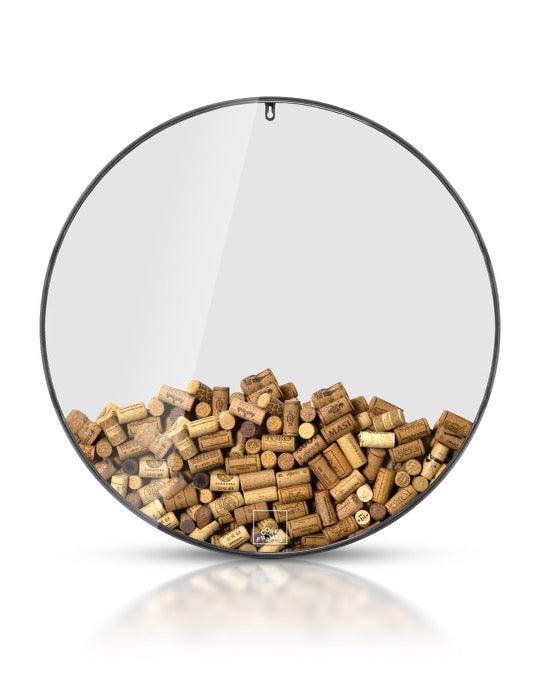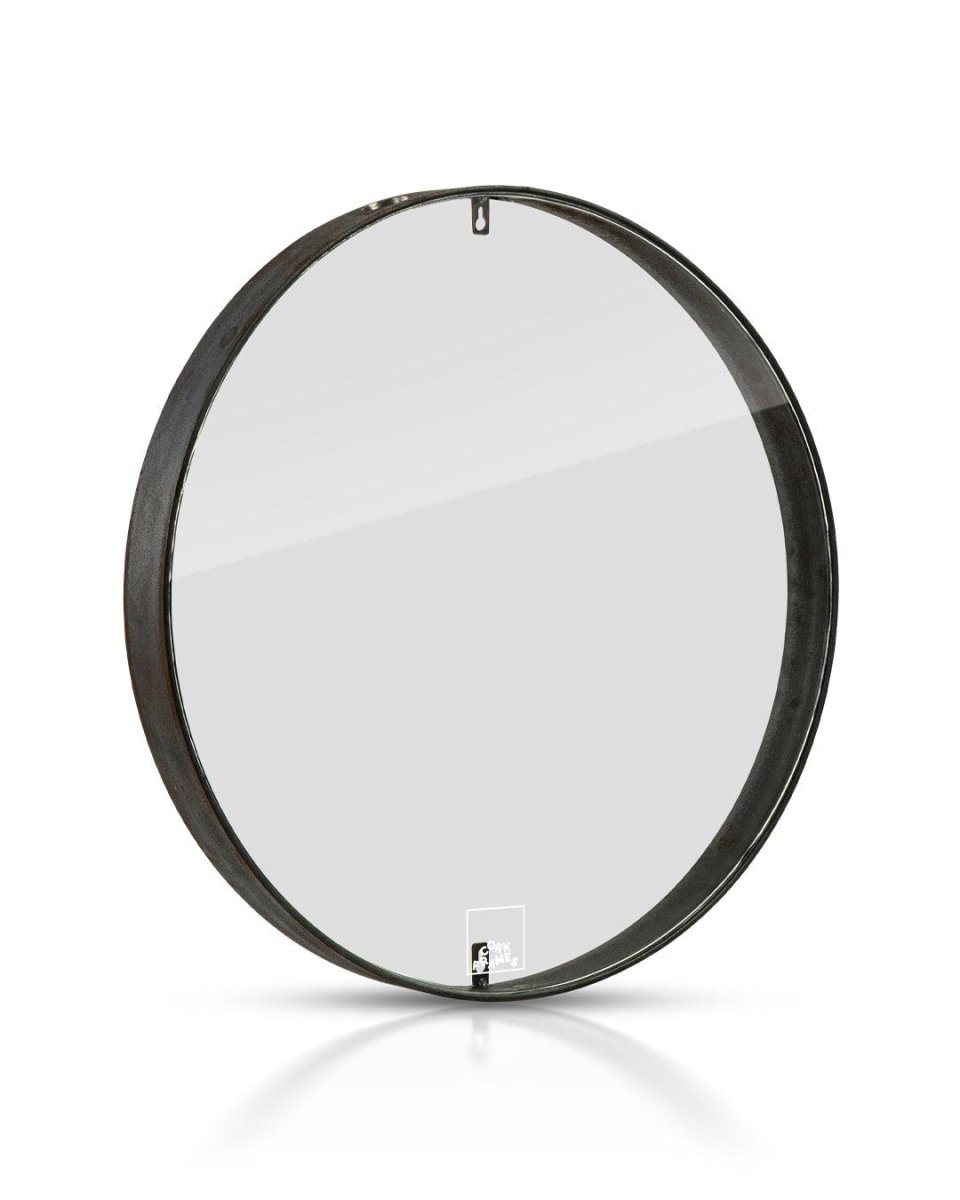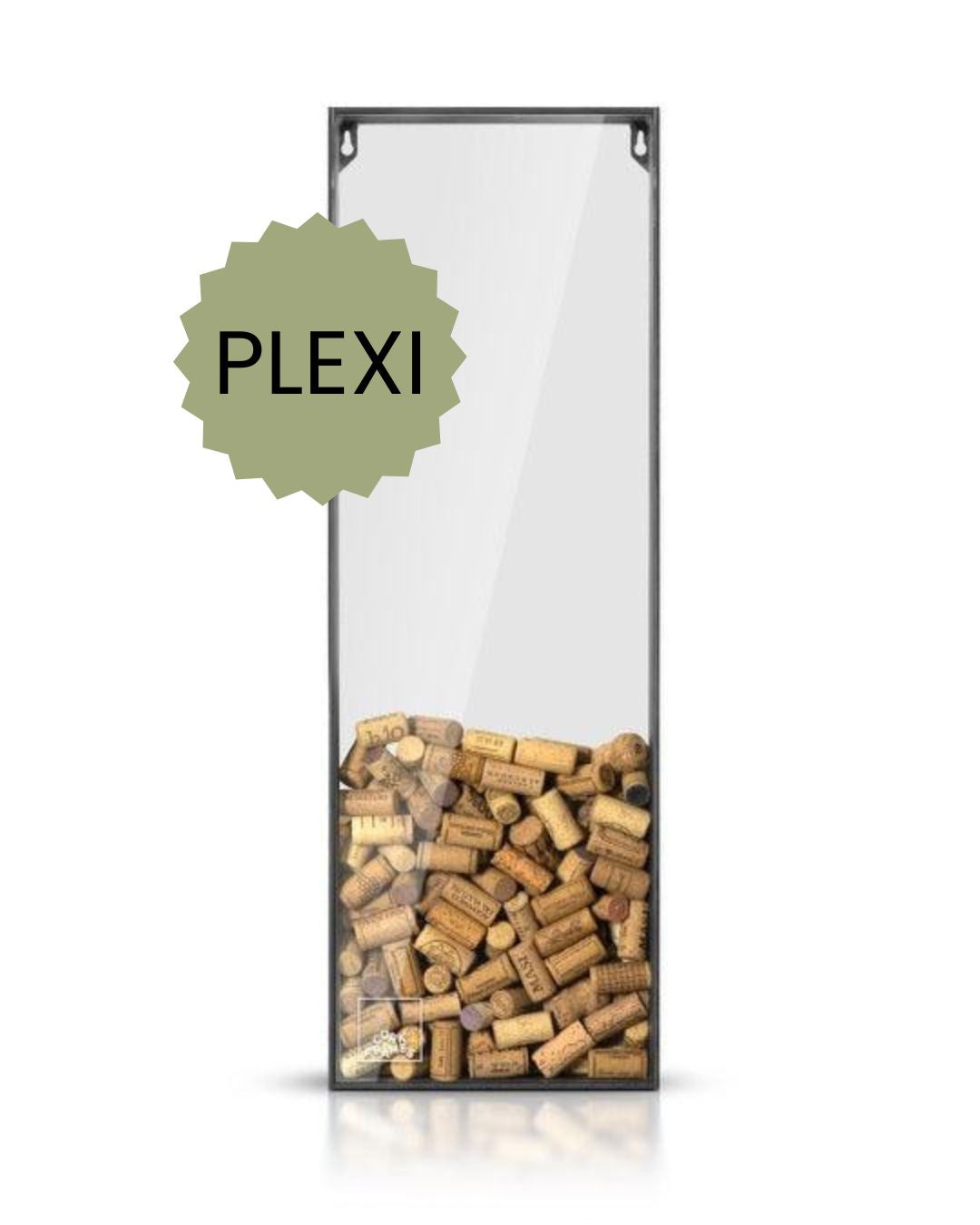Grapes come in various colors and varieties, all rich in nutrients and antioxidants. However, depending on the type of grape you choose, the nutritional content may vary.
Here is an overview of some of the most common grape varieties—red, green, black, pink, Muscat, and Concord—and their unique health benefits and potential drawbacks.
Red Grapes
Red grapes are among the most popular and are known for their high antioxidant content, particularly resveratrol, which has been linked to heart health and protection against inflammation.
Nutrients and Antioxidants:
- Resveratrol: A powerful antioxidant that may protect the heart.
- Flavonoids: Antioxidants that can improve blood vessel function and lower blood pressure.
- Vitamin C and K: Good for immune support and blood clotting.
- Potassium: Helps regulate blood pressure.
Benefits:
- High levels of antioxidants that protect the heart.
- Anti-inflammatory properties.
- Potentially beneficial for cognitive health.
Drawbacks:
- Higher sugar content compared to green grapes.
- Can be more expensive depending on the season.
Green Grapes
Green grapes offer a refreshing and slightly tangier alternative to the sweeter red grapes. They have similar nutritional value but slightly fewer antioxidants.
Nutrients and Antioxidants:
- Vitamin C and K: Important for immune function and blood clotting.
- Potassium: Important for blood pressure regulation.
- Antioxidants: Contain lower amounts of resveratrol and flavonoids compared to red grapes.
Benefits:
- Lower sugar content than red grapes.
- Refreshing taste and lower sweetness, which can be beneficial for some.
Drawbacks:
- Fewer antioxidants, meaning they may offer less heart protection than red grapes.
Black Grapes
Black grapes, often darker than red ones, contain the highest levels of antioxidants, making them an extremely healthy choice.
Nutrients and Antioxidants:
- Resveratrol and Anthocyanins: Very high levels of these antioxidants, which protect the heart and fight inflammation.
- Vitamin C and K: Important for immune function and blood clotting.
- Potassium: Helps regulate blood pressure.
Benefits:
- Highest amount of antioxidants of all grape varieties.
- Strong protection against cardiovascular disease and some cancers.
Drawbacks:
- Can have a higher sugar content than other varieties.
- Harder to find depending on the season and region.
Pink Grapes
Pink grapes offer a middle ground between red and green grapes in terms of taste and nutritional value.
Nutrients and Antioxidants:
- Antioxidants: Contains both resveratrol and flavonoids, but in lower amounts than red and black grapes.
- Vitamin C and K: Important for skin health and blood clotting.
- Potassium: Helps regulate blood pressure.
Benefits:
- Milder flavor compared to red and black grapes.
- Provides good nutrition and antioxidants without being overly sweet.
Drawbacks:
- Lower antioxidant content than black and red grapes.
- Can be sweeter than green grapes.
Muscat Grapes
Muscat grapes are known for their intensely sweet flavor and are used both as table grapes and in winemaking.
Nutrients and Antioxidants:
- Polyphenols: Contains antioxidants that protect the heart.
- Vitamin C and K: Supports immune function and blood clotting.
- Potassium: Important for blood pressure regulation.
Benefits:
- High in polyphenols and other antioxidants that protect the heart.
- Sweet flavor makes them a popular choice for both eating and winemaking.
Drawbacks:
- High sugar content, which can be an issue for those monitoring their sugar intake.
- Can be expensive and harder to find depending on the season.
Concord Grapes
Concord grapes are blue-black and known for their bold flavor. They are often used for grape juice, jelly, and sometimes wine.
Nutrients and Antioxidants:
- Polyphenols, Flavonoids, and Anthocyanins: Rich in antioxidants that are good for heart and brain health.
- Vitamin C and K: Important for immune support and blood clotting.
- Potassium: Helps regulate blood pressure.
Benefits:
- Very high in antioxidants that can improve circulation and protect against heart disease.
- Popular for their strong, fruity flavor.
Drawbacks:
- High sugar content, especially in processed forms like juice and jelly.
- Hard to find fresh as they are often used in processed products.
Which grape is the "healthiest" depends on what you prioritize in your diet. Black and red grapes have higher levels of antioxidants, making them excellent choices for heart health. Green and pink grapes may be a better option for those looking for lower sugar content and a refreshing, less sweet taste. Muscat and Concord grapes offer unique flavors and nutrients but may be less suitable for those looking to avoid sugar.
By varying the types of grapes you consume, you can enjoy a wide range of nutrients and flavors, making it easy to reap the many health benefits grapes have to offer.





























